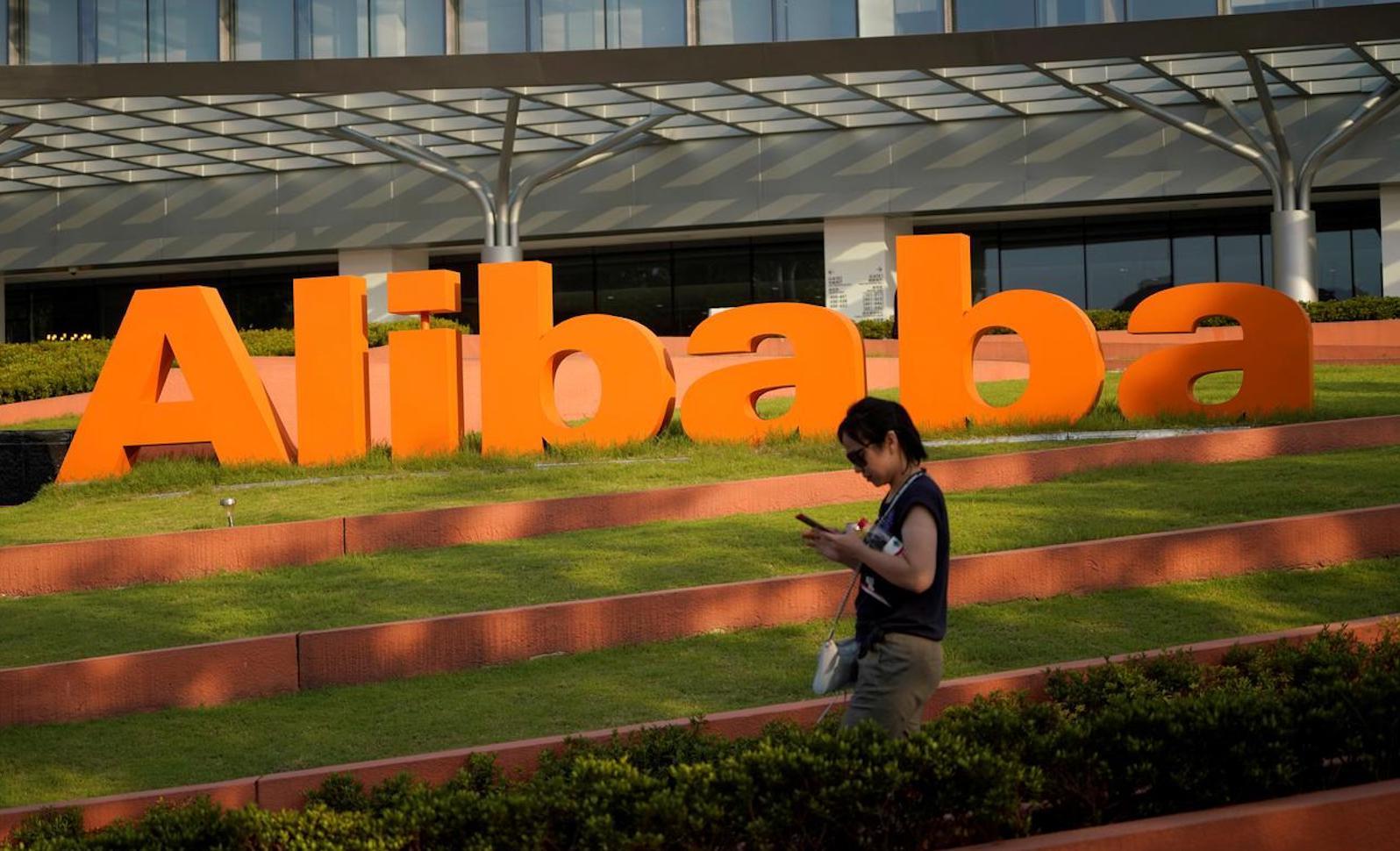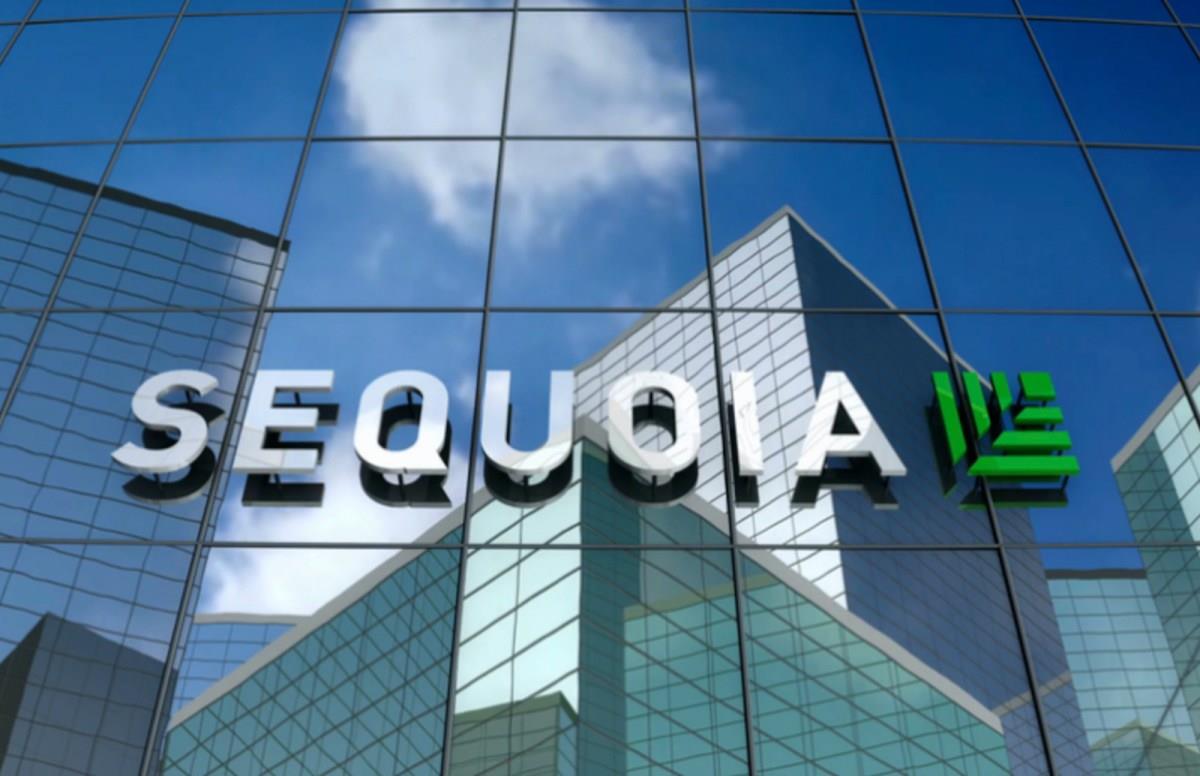(MENAFN- Asia Times) Sequoia Capital, one of Silicon Valley's oldest and most successful venture capital funds, is dividing itself into three independent regional businesses to simplify management and reduce political risk.
The company's operations in the US and Europe will continue to use the name Sequoia Capital. Operations in India and Southeast Asia have been combined and rebranded as Peak XV Partners. Peak XV was the original designation given by British surveyors to Mount Everest. Operations in China will be called HongShan, which means Sequoia.
On June 6, Sequoia announced that“It has become increasingly complex to run a decentralized global investment business... This has made using centralized back-office functions more of a hindrance than an advantage... We will move to completely independent partnerships and become distinct firms with separate brands no later than March 31, 2024.”
The company's statement, which also mentioned“market confusion due to the shared Sequoia brand” and“portfolio conflicts,” was signed by Roelof Botha, managing partner of Sequoia Capital; Shailendra Singh, managing director of Peak XV Partners; and Neil Shen, founding and managing partner of Sequoia China.
Not mentioned in the statement, but almost certainly a factor in the division decision, are widespread expectations that the Biden administration will soon issue new, tighter restrictions on US investment in China. This is a concern for both US and Chinese investors and Sequoia has reportedly hired consultants to advise it on the issue.
What types of investment might be restricted is not yet known but media reports line up the usual suspects: semiconductors, quantum computing and artificial intelligence (AI).
US Treasury Secretary Janet Yellen has said that any new restrictions would be“narrowly scoped and targeted at technologies where there are clear national security implications.” But what Treasury considers“narrowly scoped” could affect a wide swath of high-tech venture capital investments.

US Treasury Secretary Janet Yellen eyes new restrictions on investing in China. Photo: Agencies
In a report issued at the beginning of May, the Peterson Institute for International Economics wrote that:
“The US government must finally decide whether its primary concern is with the effects of capital or knowhow/technology transfer. If it is capital, the impact on China will be small. China's venture capital sector was managing around $280 billion at the end of 2019, compared to $403 billion in the US.
A recent report from the Center for Security and Emerging Technology found that only 37% of fundraising rounds by value for Chinese AI companies included any US investor. Clearly, Chinese AI firms and presumably also tech startups in other sectors do not rely on US capital.”
The Peterson Institute is not alone in thinking that new investment restrictions might be ineffective. On May 25, Patrick McHenry, chairman of the US House of Representatives Committee on Financial Services, sent Secretary Yellen a highly critical letter requesting detailed evidence that Treasury would achieve its purported goals. In part, it reads:
Dear Secretary Yellen,
I am writing in regard to the Administration's proposed Executive Order on outbound investment, the imminent release of which has been rumored since last year.
According to briefings provided by the Administration, the Department of the Treasury (Treasury) may transform CFIUS into a committee on foreign investment in the United States and China, prohibiting deals in certain Chinese technology sectors and mandating investor notifications in others. As we prepare for your testimony before the Committee, I would request your feedback on the following matters.
Last year, China recorded a current account surplus of $417.5 billion, the highest level since 2008. The last time an Administration tried to restrict financing against a large current account surplus country [Russia], in 2014, it failed. Do Treasury and the Administration really believe that investment restrictions will be effective this time – particularly against a surplus country that holds $3 trillion in reserves?
... Given Treasury's longstanding principle that coercive measures must achieve clear objectives, it is unclear why the Administration now wants to repeat the same policies in China but expects different results.
The Administration further claims that U.S. investments in early-stage Chinese companies may require the declaration of a national emergency. However, U.S. venture capital deals in China have fallen by 87 percent since 2018.1 At their height, these investments were concentrated in later-stage companies. Moreover, U.S. venture capital firms typically acquire control, substantive decision-making rights, board seats, or material nonpublic technical information when they invest.
As your colleagues in the Office of Investment Security know, these represent potential national security risks to the target country – in this case, China. It is inexplicable that the Administration hopes to rescue China from these risks before Beijing can. At a time when the Chinese Communist Party is already cracking down on Western firms and business intelligence services, the Administration should reject an E.O. that advances Beijing's goals.
And that's not all. The Peterson Institute report ends with this comment:“Whatever Washington decides, its rules could remake the US government's relationship with its firms, investors and the world.” That, of course, is already happening.
Sequoia Capital was founded in 1972 by Don Valentine,“the grandfather of Silicon Valley venture capital.” It was an early investor in Apple Computer, Atari, LSI Logic, Oracle, Cisco, Electronic Arts, Google and Nvidia. Having started as a $3 million fund, it reportedly had approximately $85 billion under management in 2022.
Sequoia entered China in 2005 and India in 2006. In China, where its investments have included Alibaba, ByteDance, Meituan and JD.com, assets under management have risen to as much as $56 billion. It is the largest venture capital company in India with assets valued at about $9 billion.

Sequoia had a financial hand in Alibaba's success. Image: Agencies
This was achieved with what is regarded as unusually decentralized decision making:
“Our founder-focused, local-first approach has been key to our success in each region... Sequoia China has made substantial investments in healthcare and traditional consumer sectors alongside technology investments... Sequoia India has been instrumental in cultivating the startup ecosystem in India and SEA [Southeast Asia... Each entity is now a market leader.”
Once back-office functions, infrastructure and profit-sharing have been completely separated, there will be three venture capital firms instead of one, two of them domiciled outside the US. An example has been set. Sequoia will probably not be the only investment firm to take this route around US sanctions.
Follow this writer on
Twitter: @ScottFo83517667
Like this:Like Loading...






















Comments
No comment